Lupe Fiasco Shares Insight on K.Keed’s Decision to Decline Freestyling on 5FM Hip Hop Nights
The recent buzz surrounding South African rapper K.Keed’s choice to not freestyle during her guest spot on 5FM Hip Hop Nights with DJ Speedsta sparked widespread discussion online. This moment reignited debates about the role and relevance of freestyling in today’s hip hop scene.
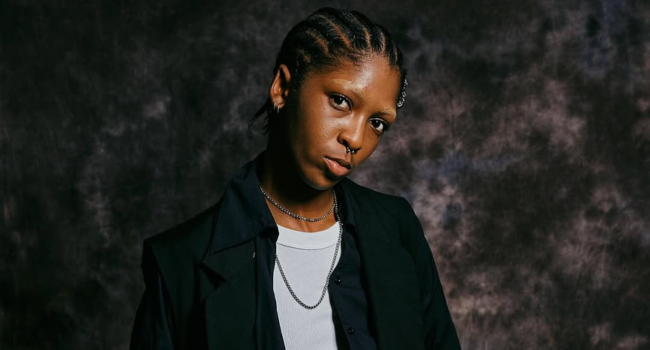
During his recent visit to South Africa for the Back To The City concert, American hip hop icon Lupe Fiasco provided a thoughtful perspective that honors the art of freestyling while placing it within the broader framework of contemporary hip hop culture.
When asked about the significance of freestyling in the current music landscape, Lupe described it as a strategic tool rather than an obligatory skill. “Freestyling has specific applications,” he explained. “It’s often used to fill moments or engage the crowd. Some artists excel at spontaneous improvisation, where they create verses on the spot based on audience prompts. That’s a unique talent, but it’s not a prerequisite for being a genuine hip hop artist.”
“It’s somewhat like a party trick or a particular skill,” Lupe elaborated. “I require my students to practice freestyling, but I don’t measure their authenticity or worth in hip hop solely on that ability. It’s a skill to develop, but it’s not the ultimate test.”
His remarks highlight an ongoing debate within hip hop culture. Freestyling has traditionally been a rite of passage, showcased in cyphers and radio sessions. However, today’s artists are expected to master a range of competencies-from studio craftsmanship and live performance to storytelling, branding, and community involvement. Lupe’s viewpoint suggests that freestyling should be appreciated when it enhances the experience, rather than being treated as a mandatory credential.
In K.Keed’s case, opting out of freestyling is less about controversy and more about artistic discretion. While spontaneous rapping can energize certain settings, there are times when maintaining control preserves the integrity of an artist’s message and body of work. Lupe’s stance validates both approaches: honor the craft when appropriate, but don’t weaponize it as a standard for legitimacy.
Ultimately, this incident sparks a valuable dialogue within South African hip hop. The core question isn’t whether an artist can freestyle on demand, but whether they contribute meaningfully to the culture through dedication, creativity, and consistency. Freestyling can be a part of that journey, but it doesn’t define the entire narrative.


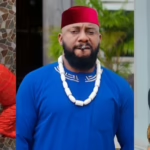
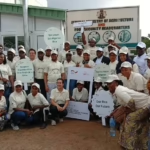

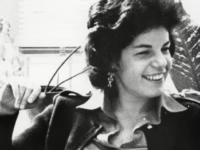
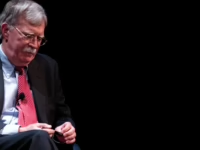


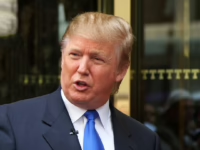
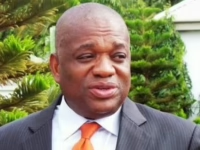
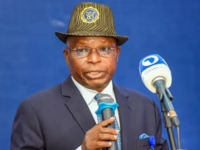

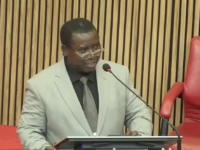


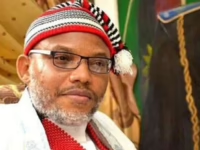
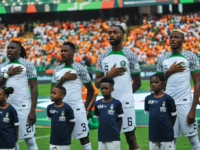
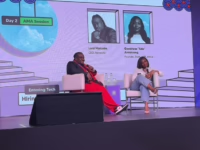
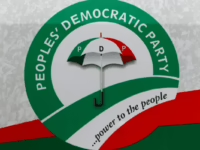


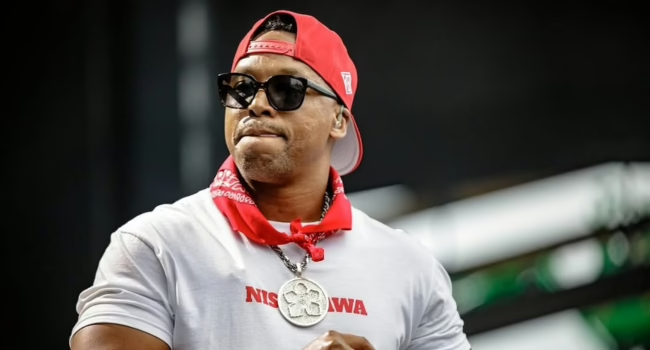
0 Comments